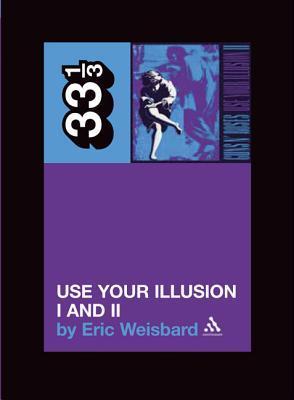What do you think?
Rate this book


136 pages, Paperback
First published December 15, 2006
I still don’t know much of anything about Guns N’ Roses, and wouldn’t want to spoil my fog by reading books and articles about them just yet. [p.25]
This is probably a good time to announce that, while I will rehash fading memories of a period when I had UYI on my stereo borderline obsessively, I don’t intend to listen to it again until the very last chapter of this book. [p.11]
[David Geffen on the Geto Boys:] “I’m not saying the artist hasn’t got a right to make these records. I have a right to say I won’t make money selling these messages. I’m not going to make money off records that talk about mutilating women and cutting off their tits and fucking their dead bodies.” Guns N’ Roses, however, pretty much made music about the same stuff, only they were too big to drop. [p.21]